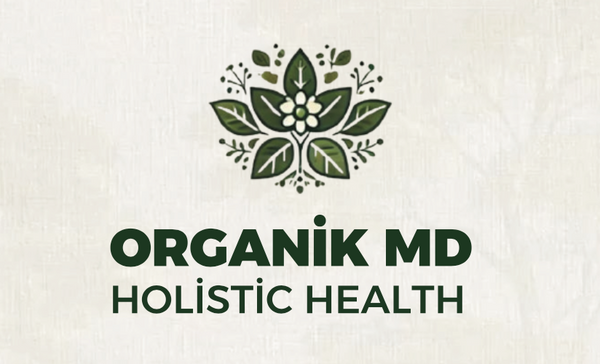Coenzyme Q10, commonly known as CoQ10, is a naturally occurring compound found in every cell of the body. It plays a critical role in energy production and acts as a powerful antioxidant, protecting cells from oxidative damage. As awareness of holistic health grows, CoQ10 has become a popular supplement for its numerous health benefits. Here, we delve into what CoQ10 is, its benefits, sources, and potential uses.
What Is CoQ10?
CoQ10 is a fat-soluble compound that helps generate energy in the mitochondria, the powerhouse of the cell. It is essential for producing adenosine triphosphate (ATP), which powers various cellular processes. The body produces CoQ10 naturally, but levels tend to decline with age and due to certain health conditions.

Health Benefits of CoQ10
1. Supports Heart Health
CoQ10 is most renowned for its cardiovascular benefits. It helps improve heart function by enhancing energy production in heart cells and reducing oxidative stress. Studies have shown that CoQ10 may be beneficial for conditions like heart failure, high blood pressure, and angina.
2. Boosts Energy Levels
Since CoQ10 plays a central role in ATP production, it’s often used to combat fatigue. People with chronic fatigue syndrome or those recovering from illness may find CoQ10 supplementation helpful.
3. Acts as a Potent Antioxidant
CoQ10 protects cells from damage caused by free radicals, reducing the risk of chronic diseases and slowing the aging process. Its antioxidant properties also support skin health and combat signs of aging.
4. Improves Neurological Health
Research suggests that CoQ10 may help protect against neurodegenerative conditions like Parkinson’s disease and Alzheimer’s. By reducing oxidative stress and improving mitochondrial function, CoQ10 supports brain health.
5. Supports Fertility
CoQ10 may improve fertility by enhancing egg quality in women and sperm motility in men. Its antioxidant effects protect reproductive cells from damage.
Natural Sources of CoQ10
While the body produces CoQ10, you can also obtain it from dietary sources, such as:
- Fatty fish: Salmon, tuna, and mackerel
- Organ meats: Liver and heart
- Nuts and seeds: Peanuts, sesame seeds, and pistachios
- Vegetables: Spinach, broccoli, and cauliflower
Who Might Benefit from CoQ10 Supplementation?
- Older adults: Natural CoQ10 levels decline with age.
- Individuals with heart conditions: To support cardiovascular health.
- People on statin medications: Statins, used to lower cholesterol, can reduce CoQ10 levels in the body.
- Athletes: For improved energy and recovery.
Dosage and Safety
The typical daily dose ranges from 100 to 200 mg, though some conditions may require higher amounts. CoQ10 is generally safe and well-tolerated, with mild side effects like nausea or stomach upset in rare cases. As with any supplement, consult a healthcare provider before starting CoQ10.
Final Thoughts
CoQ10 is a powerhouse nutrient with profound benefits for energy production, heart health, and overall well-being. Whether through food or supplements, incorporating CoQ10 into your routine could be a step toward better health. As always, a balanced diet and a healthy lifestyle should accompany any supplementation.
Do you use CoQ10 in your wellness routine? Share your experience or questions in the comments below!

